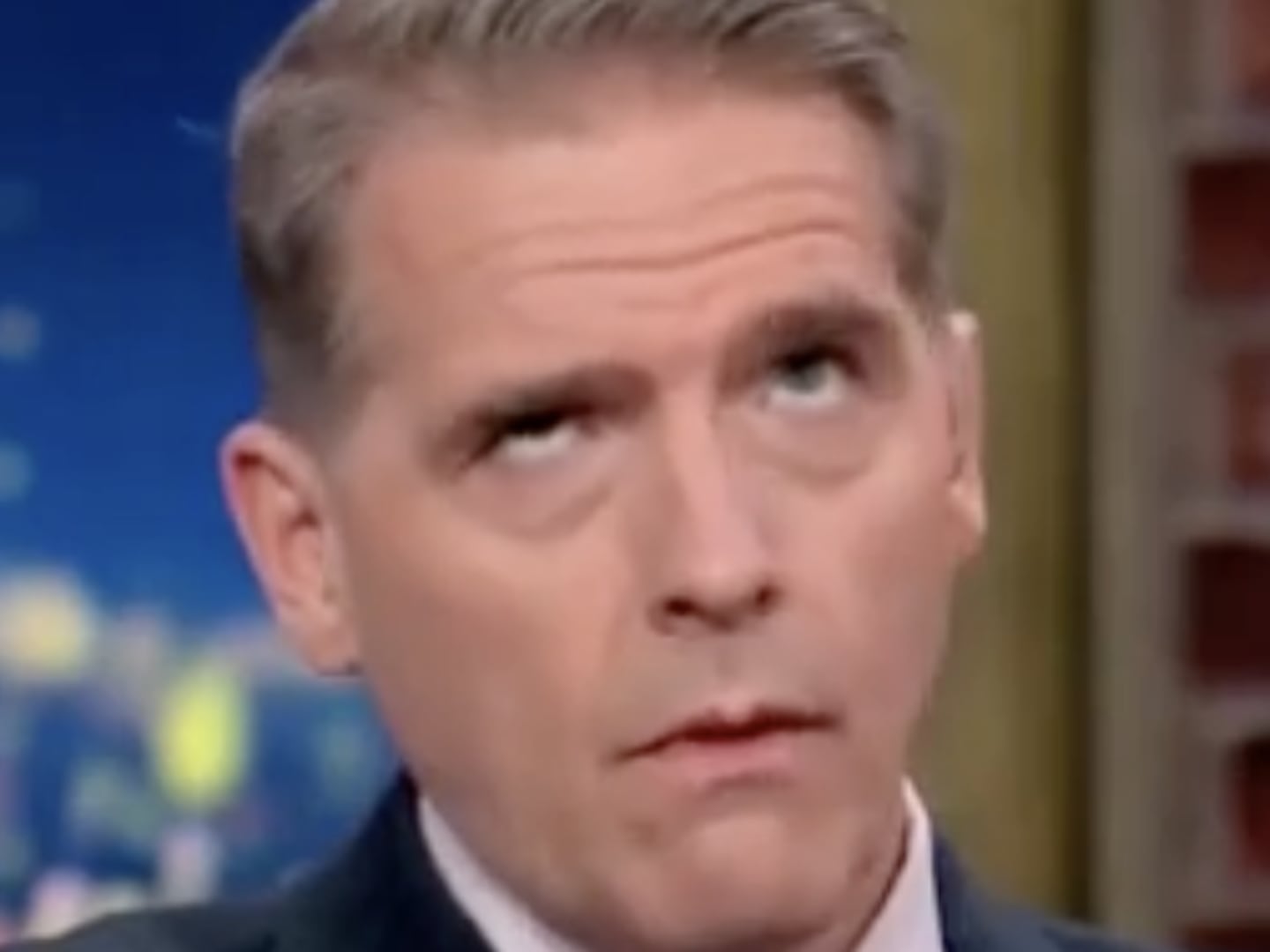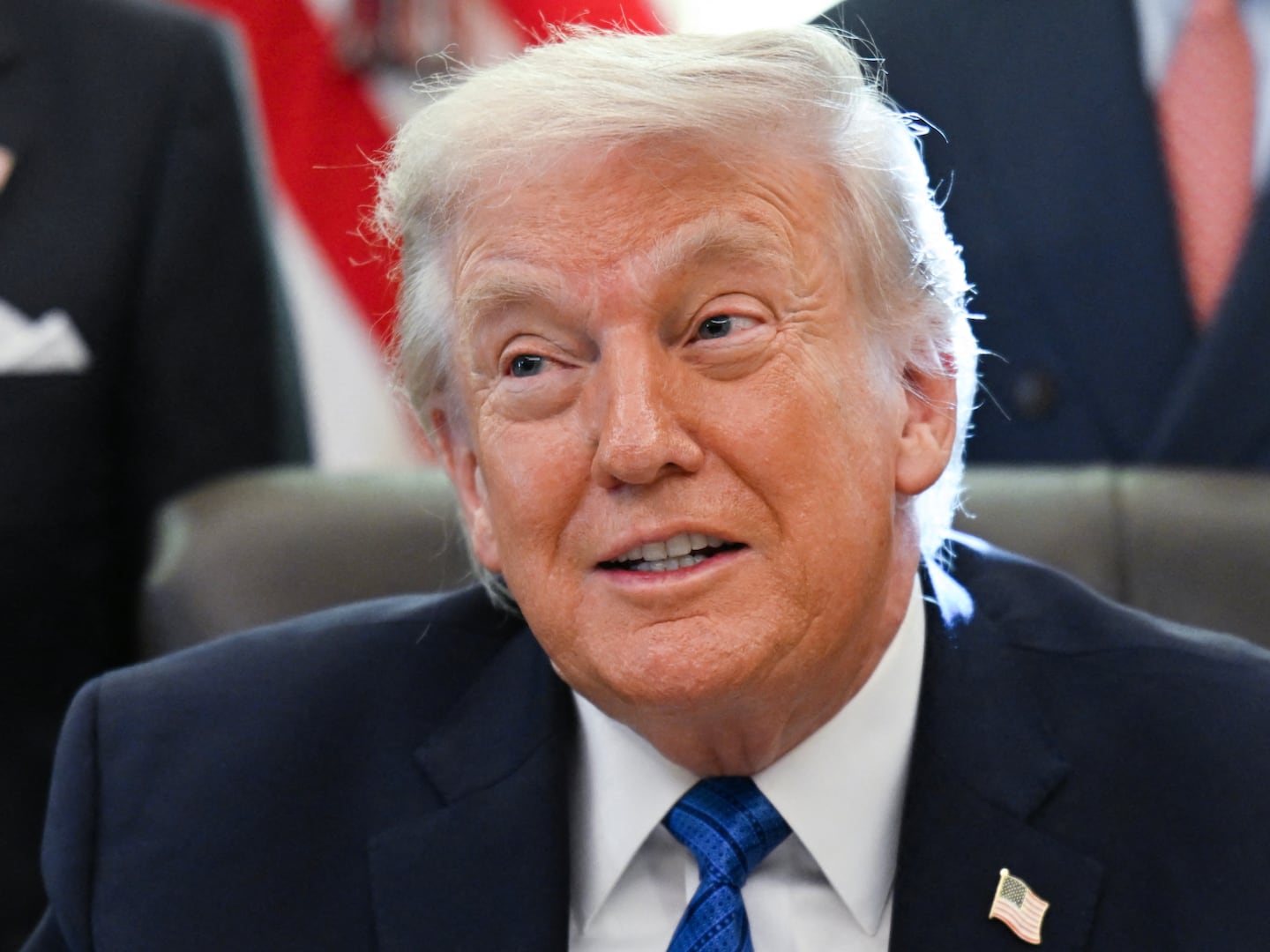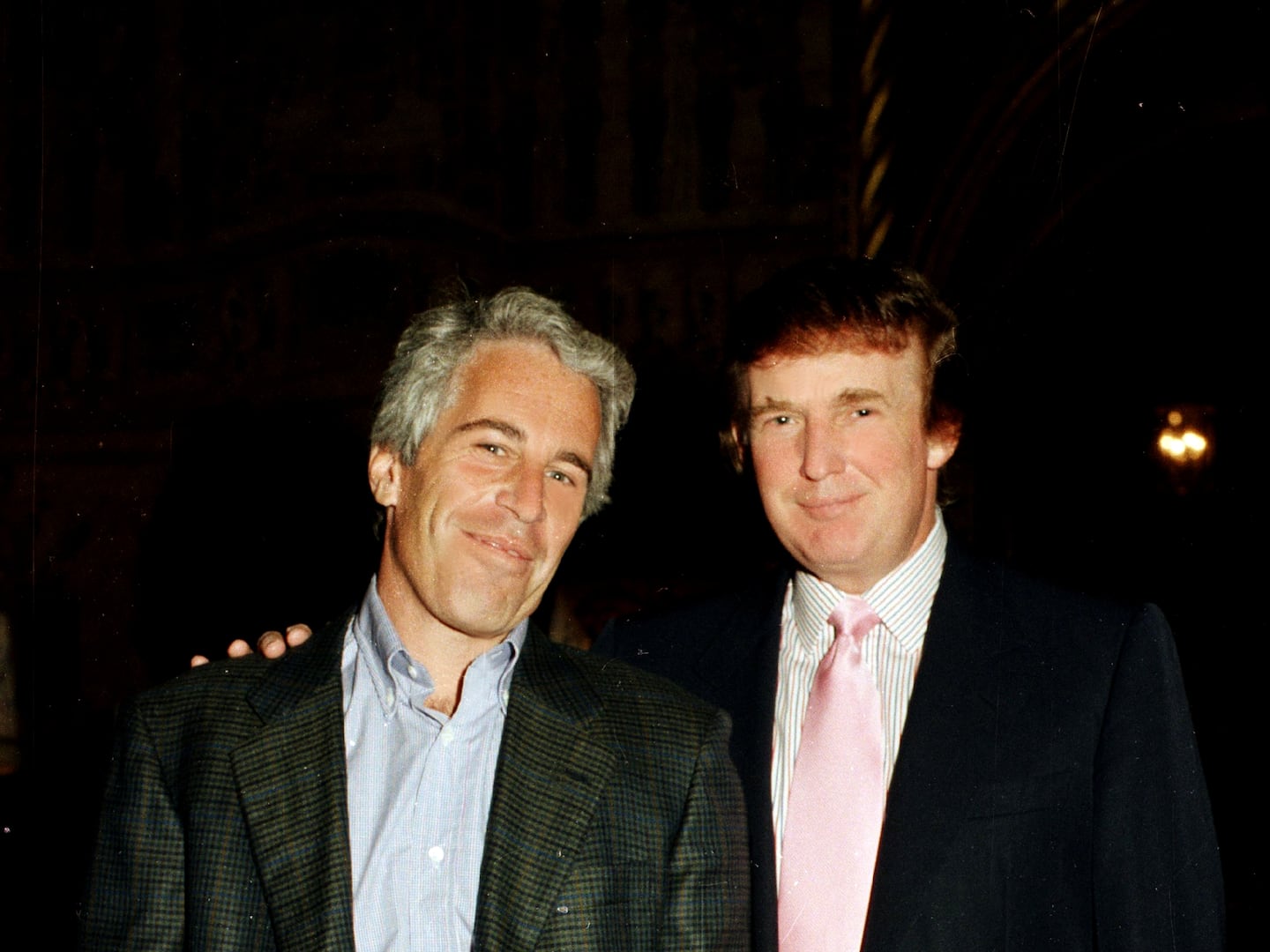Looking back on yesterday's predictions for last night's State of the Union speech, I find that most of my most pessimistic predictions were confirmed. Lots of symbolic nods towards base-pleasing issues like infrastructure, manufacturing, early childhood education, and climate change but little in the way of specific plans--on climate change, he resorted to a vague threat to use executive orders if Congress wouldn't pass something. He talked about the budget, but spent most of that section implying that we could fix these problems by taking more stuff from rich people, if only the GOP weren't such obstructionists. He was not making the case to his own party for real reform, or even offering up a serious starting point for negotiations. He is preparing for a streetfight, one in which the prize is not "What sort of deal do we get to fix the budget?" but "Who takes the blame when we don't?"
His supportes will say that the GOP has left him no choice. This may be true (though the level of obstruction has clearly moderated since the election.) It's dispiriting either way.
Yesterday I closed with a quote from Bill Galston:
The inauguration speech, says Galston, "stated coherently and elegantly the ensemble of beliefs that animate the coalition that returned Obama to power.
The question that only the president can decide is whether he's willing to run his presidency within the four corners of those beliefs."
I don't know the answer to that, I said, but I think we will by the end of the speech. I think we do: this was a speech to make Democrats happy and Republicans mad, and put no one in very much of a mood for a deal. He's decided that the best way to get anything out of Republicans is to accuse them of not caring about the vulnerable, which may be true--but it's only a way to get the most minimal possible level of cooperation. It will not get you the kind of actual willing cooperation that you need to get anything more ambitious than a three month extension of the sequester.
Nor did he prepare his own side for compromise. He did not ask anyone to the left of Susan Collins to make any sacrifices. The way he ended on gun control was very powerful, and undoubtedly gave that legislation a boost. But I think it's telling that this was where he put the emotional weight of the speech.
Gun control--at least as it can pass within the confines of the US political system--is not a transformative issue. It does not fundamentally alter American society, or change our relationship with the state, and sadly, what is going to pass will probably not save many lives, either. That tells you something about how Obama sees his second term--that he probably doesn't think further transformation is within his grasp. Instead he's going to go for marginal improvements on emotional issues that are important to his base. l'll have posts up later about specific issues like the minimum wage and preschool, but that's the overall takeaway: Obama has given up on transformative change, and will settle for what he's already done.
This means, I suspect, that he is hoping to pass off the painful budget choices to his succeessor. At last year's Peterson Fiscal Summit, Doug Holtz-Eakin noted that any deal had to be done this year, because next year we'll be going into midterms, and after that, Obama will not have enough political capital: folks will be looking forward to the 2016 election. (Can you say "permanent election cycle"?) By then the choices will be much more painful, as more of the baby boomer retirements will be showing up in the budget calculations. But when it comes to spending cuts and tax hikes, politicians (and voters) seem to be hyperbolic discounters: they prefer a lot of pain later to a little pain now. Obama, like Congress, is punting on the biggest issue facing them: how much government we are willing to pay for.
As a result, the biggest news of the night was not in Obama's speech, but in Rubio's response: he did it well. Yes, yes, drink of water, hahahaha. But that was the most effective SOTU response I've ever seen, water included. I'm not grading the policy content of the speech, mind you--though as an aside, let's just say that I'm not a fan of false claims that the GOP can get the economy up to 4% growth by unleashing the awesome power of the free market. But Rubio mounted the most effective response I've seen to the President's attacks on Republicans as uncaring obstructionists, and he delivered it well.
That by itself is an amazing achievement; delivering an emotional speech to a camera is extremely hard to pull off, which is why most of them come off as something between eighth-grade awkward and completely robotic. Rubio is obviously a gifted speaker with a keen ear for winning political rhetoric, and he is pretty clearly going to run for the White House in 2016. He will make a formidable opponent. Though I do recommend that he pay a little more attention to hydrating before major events.





